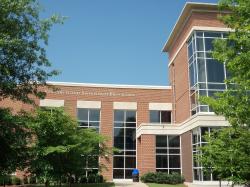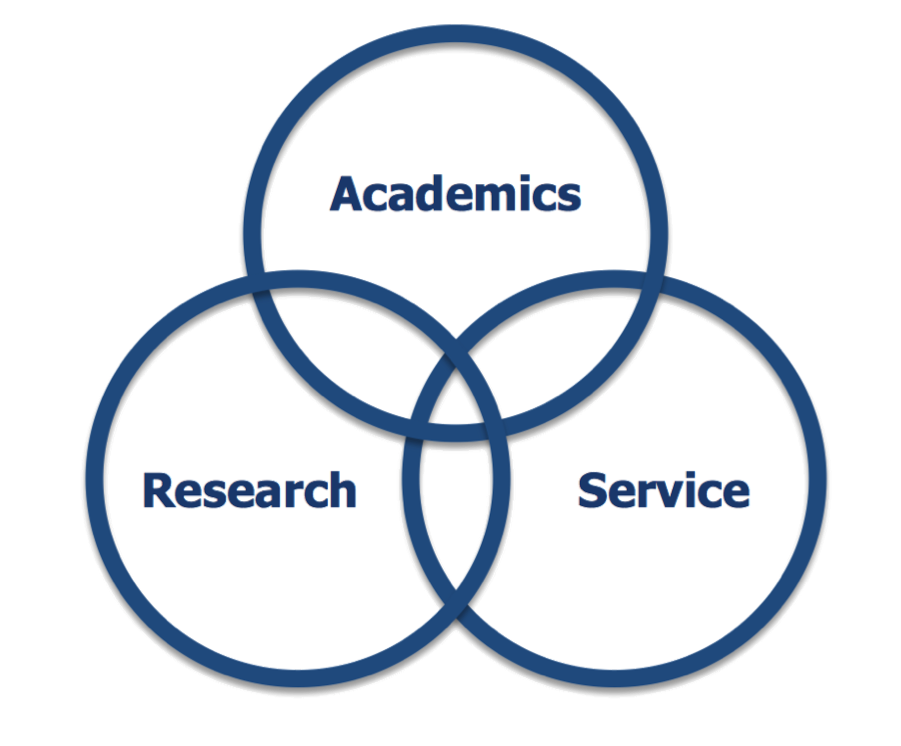- Home >
- Learning Sciences
- > About the Center
About the Center
Center of Excellence for Learning Sciences
What is Learning Sciences?
Learning Sciences is an interdisciplinary/multidisciplinary field that draws on multiple theoretical perspectives and research paradigms with the goal of advancing knowledge about human learning and development in formal and informal settings. Researchers in the Learning Sciences develop understanding about the nature and conditions of:
- learning,
- cognition,
- material,
- social, and
- cultural contexts.
The intent of learning sciences research is to develop evidence-based claims about how people learn that have theoretical, practical, and pedagogical implications. Given this focus on interrelated theory and practice, Learning Sciences frequently involve carrying out design and implementation research. This research is intended to improve the education of all learners but often has particular emphasis on finding solutions for students for whom achievement gaps are a continuing problem.
For further reading on Learning Sciences and our approach to learning check out:
- The Cambridge Handbook of the Learning Sciences by Robert Keith Sawyer (2006) and
- How People Learn by John Bransford (2000).
Our History

Centers of Excellence were established by action of the Tennessee General Assembly and the Governor of Tennessee in 1984 to expand research in public higher education and contribute to the overall economic and community development base of the state. Tennessee State University was selected through a statewide competitive process and established a Center of Excellence which began researching the effects of small class size. This research study grew in size and scope and become the nationally recognized Student/Teacher Achievement Ratio, or STAR, project and its findings continue to be heralded as the most effective evidence in the case for small class sizes in early elementary grades.
The Center then began efforts to ensure the quality of learning during the early years and launched several programs to train and support child care providers including the Tennessee Child Care Provider Training (TN-CCPT), Tennessee Child Care Resource and Referral Centers (CCR&Rs), and the Tennessee Early Childhood Training Alliance, or TECTA, program. The Center also received funding to administer the Tennessee CAREs Early Head Start program that serves children and their families in west Tennessee. These programs continue to support Tennessee’s early childhood workforce and coincide with the Center’s mission.
Over the years the Center has received millions in funding from the National Science Foundation and other organizations to conduct research in teacher development and student education in science. Click here to read about our current research projects.
Our Mission
 The mission of the Center of Excellence for Learning Sciences is to design and conduct multidisciplinary research and demonstrations concerning practices, policies, and programs that promote the educational, social, physical, and psychological well-being of children and families; and to disseminate research and information to improve public policy and the programmatic decisions of agencies, schools, institutions, and communities in Tennessee, the nation, and the global community.
The mission of the Center of Excellence for Learning Sciences is to design and conduct multidisciplinary research and demonstrations concerning practices, policies, and programs that promote the educational, social, physical, and psychological well-being of children and families; and to disseminate research and information to improve public policy and the programmatic decisions of agencies, schools, institutions, and communities in Tennessee, the nation, and the global community.
The Center receives grant awards from agencies such as the National Science Foundation, Department of Human Services, Tennessee Higher Education Commission, and others that allow the Center to promote innovation, enhance collaboration, and provide professional development to educators and human service agencies. The Center administers research, service, and academic projects.
The Center is located on the first floor in Suite 1B of the Research and Sponsored Programs Building on the main campus of Tennessee State University.


